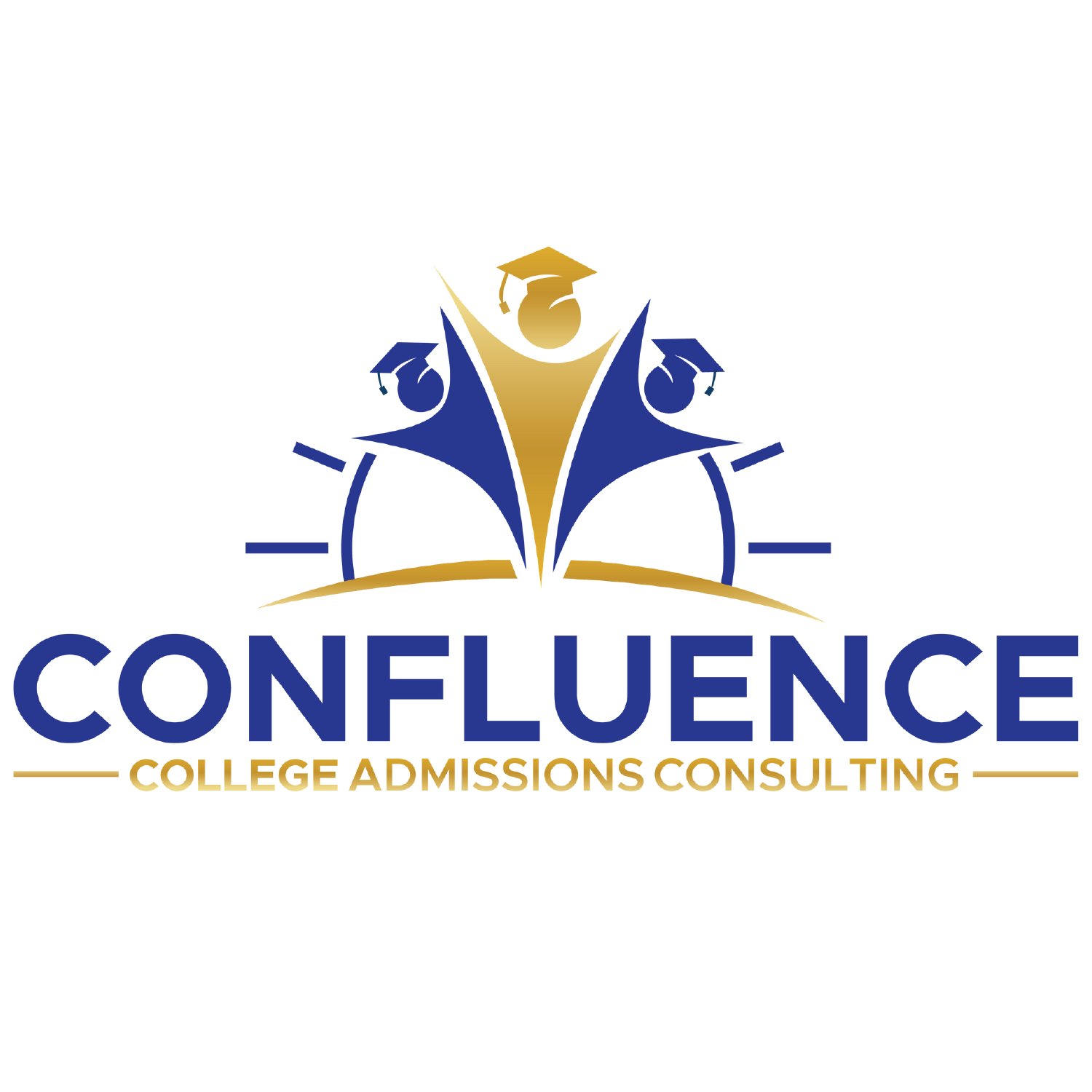Tenth grade: the growth year
Sophomore year of high school is often regarded as a kind of “middle child” year. Sophomores aren’t getting the hang of high school in the way they did when they were freshmen. At the same time, they’re not yet upperclassmen. Except in rare cases, they’re not really looking ahead to college, and they may not yet be taking leadership roles on sports teams or clubs. Some students report experiencing a kind of existential ennui—and a resulting loss of purpose.
In my role as college counselor, I encourage students in tenth grade to focus on their sense of purpose. This will help them in multiple ways. Purpose is often the precursor to growth, and it can also help reduce boredom, cynicism, and frustration with school. Having a clear sense of purpose can also help students navigate difficult social relationships. For this reason, when working with high school sophomores I tend to de-emphasize the college search process and instead focus on the here and now.
With this emphasis on purpose in mind, here are my top 5 tips for making tenth grade a meaningful year in the college preparation process:
1. Read, read, read. If there’s one thing you can do to improve your academic performance across all classes, it’s developing your reading skills. The great news here is that it mostly doesn’t matter what you read; to derive the intellectual benefits of reading, it only matters that you read. You’ll become a better (and faster) reader, a stronger writer, and a better critical thinker.
2. Continue to grow as a learner. How did freshman year go? What do you want to build on, or improve on? I recommend setting goals that are less about results (“I will get an A in Spanish”) and more about habits. “I will show my English teacher a draft of all my papers before handing them in” is a worthwhile goal, as is “I will read one book for pleasure over winter break.”
3. Deepen your involvement. Maybe last year you joined your high school’s yearbook club. This year, how about taking over as the yearbook’s chief photographer, now that the person who did it last year has graduated?
4. Keep a journal. Write in it at least four days a week for 30 minutes. No need to show it to anyone else—this journal is for your personal use only. It’s a great way to collect thoughts, process your experiences, vent your frustrations, and celebrate your successes. Research shows that keeping a journal is good for your emotional health. This is especially important during the inevitable turbulent times that will come.
5. Prepare for, and take, the PSAT. Okay, so here’s one tangible thing I do recommend that’s less about purpose and more of a strategic action you can take. Taking the PSAT in the spring of sophomore year sets you up to take the SAT in your junior year. That way you can re-take the SAT if you wish to improve your score. Before you take the PSAT, I strongly recommend preparing for it so that you’ll be familiar with the test format. Khan Academy has a free online course designed for preparing for the PSAT and SAT.
Here at Confluence College Admissions Consulting, we provide college counseling packages for tenth-grade students to help set them up for successful college admissions without obsessing over test scores and grades, and without making the process overly stressful. Reach out to us to set up a free consultation!
